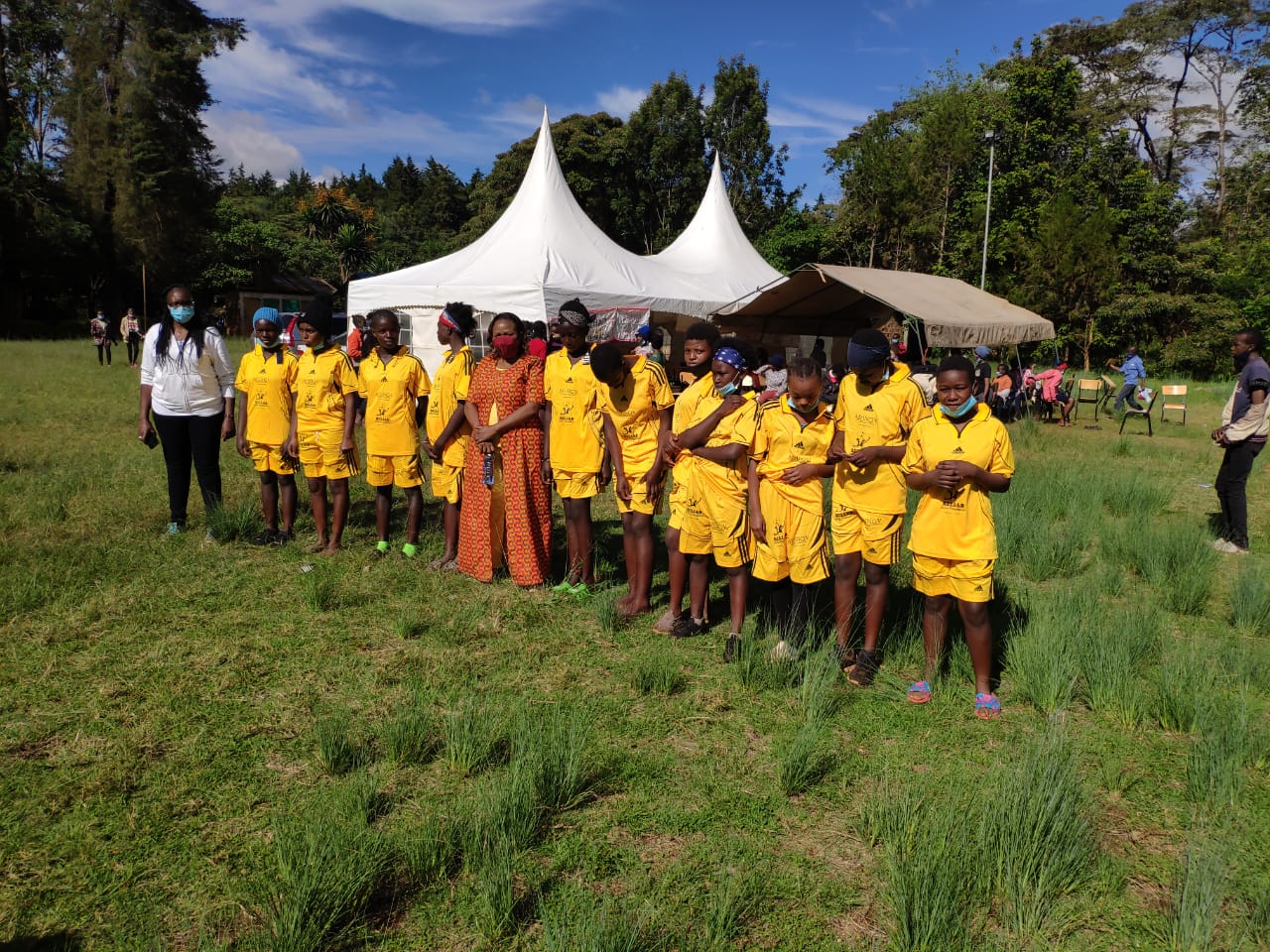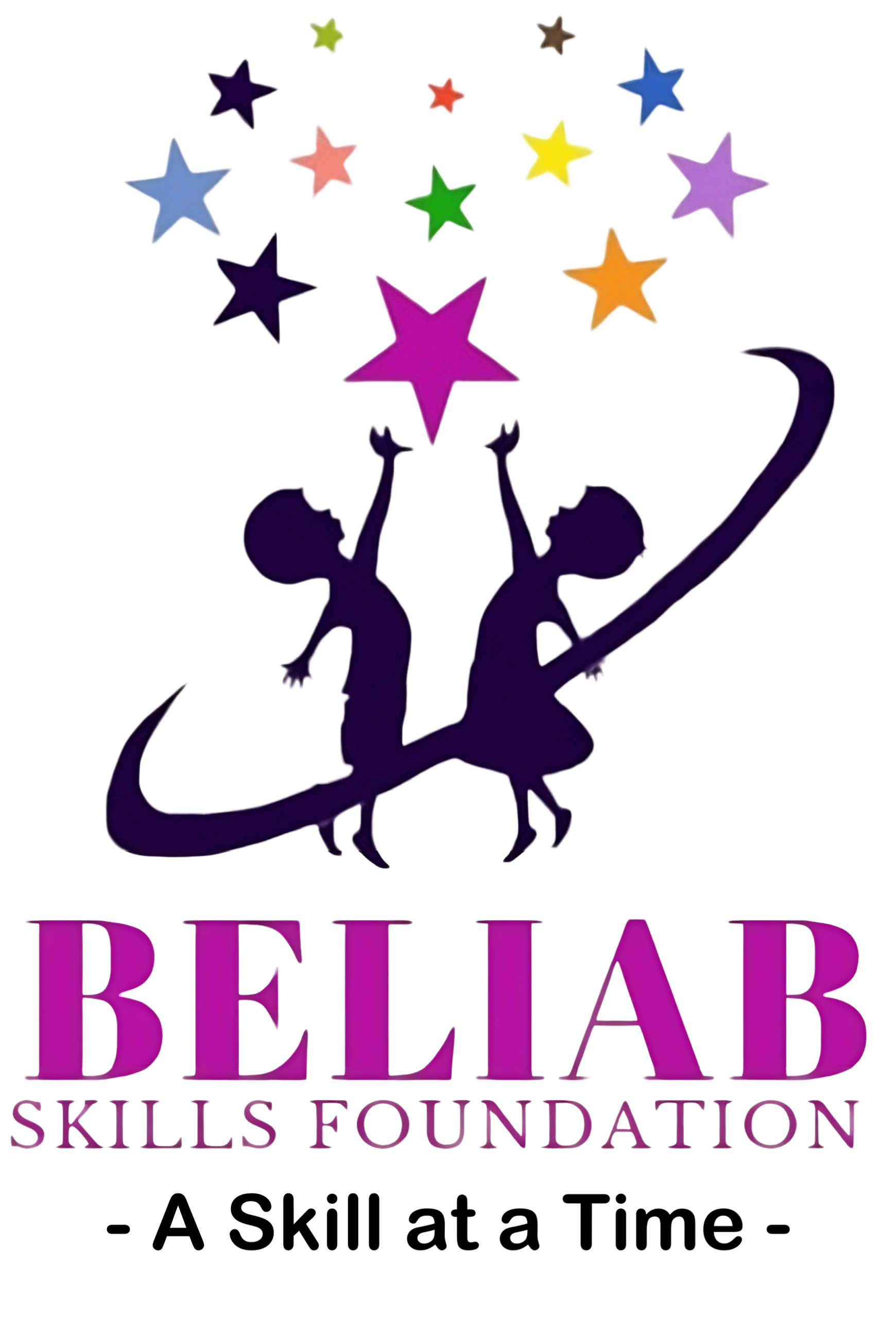
Psychosocial Support
Psychosocial support refers to the dynamic relationship between the psychological dimension of a person and the social dimension of a person. Psychological dimension involves internal, emotional and thought processes, feelings and reactions.
Social dimension involves relationships, family and community network, social values and cultural practices.
Psychosocial support are actions that address psychological and social needs of individuals, families and communities.
Beliab Skills Foundation empowers individuals to care for themselves and care for each other which in turn improves the individual, communal self-confidence and the resources.
The preventive and curative aspect of psychosocial support contributes to the building of resilience in the face of new crises or other challenging life circumstances.
Objectives
Our objective is to improve human capacity, social ecology, culture and values.
- Human capacity: Refers to physical and mental health and specifically considers individuals’ knowledge, capacity and skills. Identifying an individual’s own human capacity is the same as realizing his or her own strengths and values.
- Social ecology:Refers to social connections and support, including relationships, social networks, and support systems of the individual and the community. Mental health and psychosocial well-being are dependent on cohesive relationships that encourage social equilibrium.
- Culture and values: Refer to cultural norms and behavior that are linked to the value systems in each society, together with individual and social expectations. Both culture and value systems influence the individual and social aspects of functioning, and thereby play an important role in determining psychosocial wellbeing.
Implementation Strategies
- Nurture and care – safeguarding the everyday life: nutrition, sleep/rest, clothes, basic security, adequate closeness and presence by a grown-up.
- Giving opportunity to carry out one’s own strengths – for example, challenging sporty or artistic interests or competence in the right kind of hobbies. Notice and give praise!
- Supporting inclusion – house meetings where youths are heard and had discussions with, personal counselling work aiming at dialogue and hearing the youth etc.
- Interaction based on mutual respect – the employee’s awareness of his/her own prejudices and cultural background and constant reflection of these issues.
- Respecting the youth’s own religion and culture and encouraging him/her to preserve his/her roots and own culture – for example, through parties, food, events etc. and enabling participation in these.
